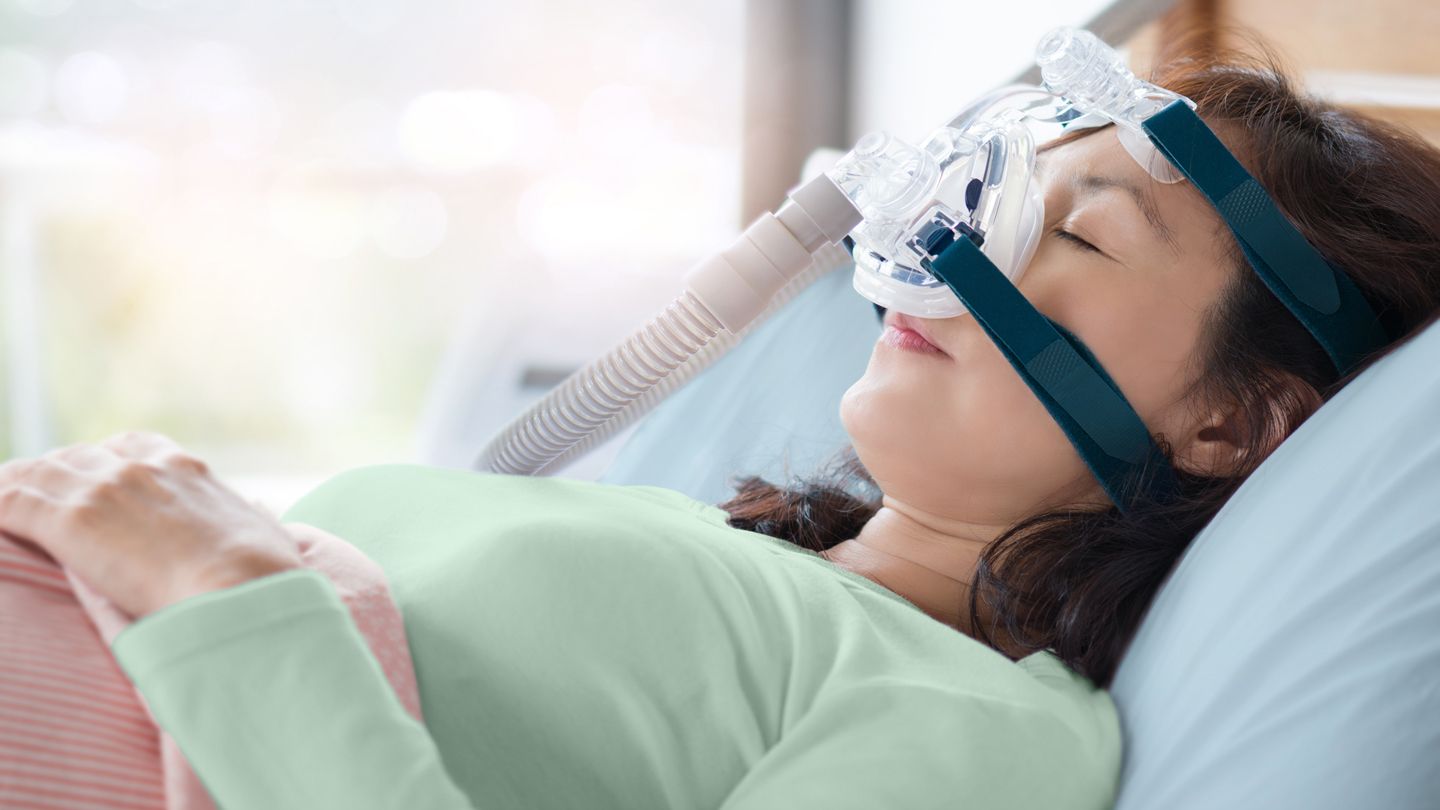You may also be able to improve symptoms with some lifestyle tweaks.
Losing weight if you are carrying extra pounds is one of the most effective ways to manage mild sleep apnea and prevent it from getting worse, says Mallampalli. Try eating a healthier diet and exercising more to work toward this goal.
Take stock of your sleep hygiene habits, too. Because sleep apnea is an issue of sleep quality, “You want to make sure that you’re not also layering on top of that a problem with quantity, schedule, or regularity,” says Sullivan. Make sure you’re getting the recommended seven to nine hours of sleep a night, and try to keep your bedtime and wake-up time consistent, even on the weekends, she adds.
Ultimately, you and your healthcare provider might decide you don’t need to treat mild sleep apnea yet if symptoms aren’t disruptive to your daily life. If that’s the case — or even if you’re simply starting with some changes to your sleep and weight-management habits — you should plan to check in with your doctor again in the near future.
“Whenever I’m seeing a patient, I want to have that follow-up plan for when I am going to see them next, what we are going to talk about, and … if it doesn’t go well, what’s our next step,” says Sullivan.
Read the full article here




